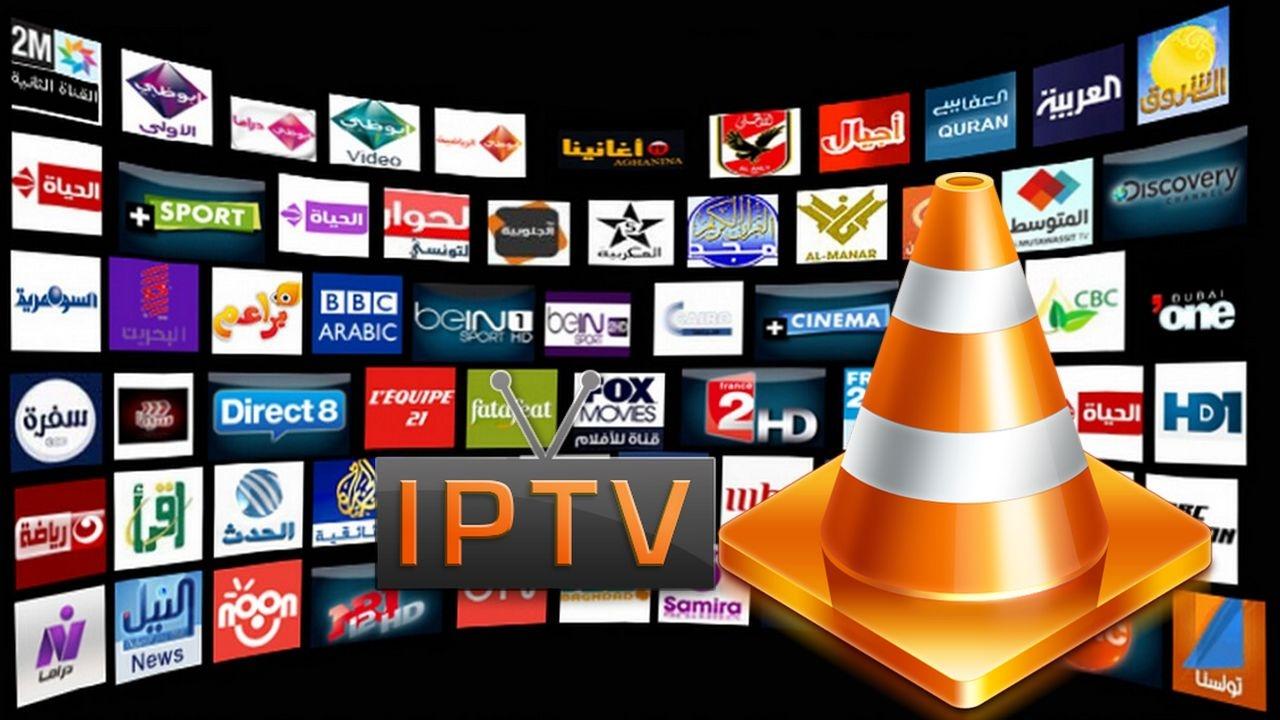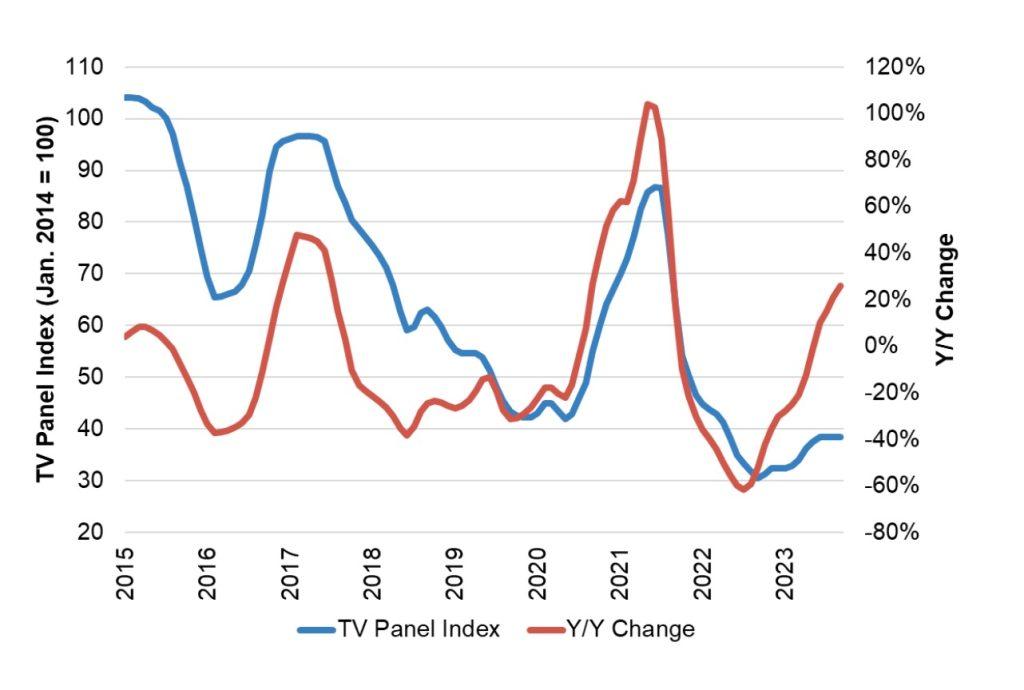When you consider the importance of professional specialized translations, you might begin to understand how crucial accuracy truly is in today’s global landscape. Every industry has its own unique jargon and cultural nuances, which means just any translation won’t cut it. By utilizing expert translators who understand these intricacies, you can avoid costly miscommunications. But what defines a truly skilled translator? And how can their expertise impact your organization’s success? Let’s explore the factors that elevate translation to a level of excellence.
Importance of Specialized Translations
Why is specialized translation so crucial in today’s globalized world?
You’re navigating a landscape where information transcends borders, and clear communication is key. When businesses, healthcare providers, or legal firms operate internationally, they need precise translations that respect industry-specific terminology. Without this, misunderstandings can lead to financial loss, legal issues, or even health risks.
You need to connect effectively with clients and partners who speak different languages.
Specialized translations ensure that technical jargon is accurately conveyed, preserving the intended meaning. When you collaborate with a translator who understands your field, they’re not just converting words; they’re interpreting context, culture, and nuance.
Moreover, specialized translations play a vital role in maintaining professionalism.
If you present an incorrect or poorly translated document, it reflects poorly on your reputation. Your audience expects clear, accurate information, especially when it influences decision-making.
Key Industries Requiring Expertise
In various industries, specialized translation services are often essential for success. If you work in sectors like healthcare, pharmaceuticals, or legal services, you’ll recognize the need for accurate translations.
In healthcare, precise communication can be a matter of life and death, so you must rely on experts who underst Bedarfsausweis medical terminology and cultural nuances. Pharmaceutical companies require translations for clinical trials, regulatory documents, and patient information leaflets, ensuring all information meets local compliance standards.
Legal services also demand accuracy, as any misinterpretation can result in severe financial and legal repercussions.
Moreover, the technology sector is continuously evolving, and product manuals, software interfaces, and technical specifications need translation to reach global markets effectively. Similarly, e-commerce businesses require skilled translators to convey brand messaging, descriptions, and policies in multiple languages.
In short, from finance to engineering, nearly every industry benefits from specialized translation services.
Engaging professionals who understand your particular needs can enhance your global reach and safeguard your reputation, making it clear why expertise in translation is indispensable.
Qualities of a Professional Translator
Engaging a specialized translator ensures that your industry-specific materials are handled with the utmost care. A professional translator possesses a deep understanding of both the source and target languages, making them adept at conveying your message accurately. They don’t just translate words; they interpret and adapt cultural nuances, ensuring your content resonates with your audience.
Attention to detail is another crucial quality. A professional translator meticulously reviews their work for grammatical errors and terminology consistency, enhancing the overall quality. They’ll also conduct thorough research to ensure they use the most appropriate jargon for your industry, which significantly boosts credibility.
In addition, a passionate translator is committed to deadlines, understanding that timely delivery can affect your projects and business relationships. They’re flexible and open to feedback, willing to make adjustments as needed to meet your specific requirements.
Moreover, professionalism includes maintaining confidentiality. Your sensitive information stays secure, allowing you to share materials without worry.
Challenges in Specialized Translations
Many challenges can arise in specialized translations, complicating the process significantly. One of the biggest hurdles is understanding the specific terminology unique to each field. You’ll need a solid grasp of the subject matter, whether it’s medical, legal, or technical, to ensure accuracy. Misinterpreting jargon can lead to significant errors, affecting the translation’s overall quality.
Another issue is cultural nuances. You might find certain phrases don’t translate well or have different implications in another culture. This requires you to adapt the message accordingly without altering its original meaning, which can be tricky.
Time constraints can add pressure, too. When deadlines loom, it’s tempting to rush. However, overlooking details in your eagerness to complete the job can jeopardize translation quality.
Moreover, keeping current with industry trends and updates is essential. Specialized fields evolve rapidly, and failing to stay informed can result in using outdated terminology or concepts.
Lastly, client expectations can vary. They might’ve specific preferences for style or tone that you need to navigate while maintaining your standards for accuracy. Balancing these expectations with the intricacies of specialized translation can be quite a challenge.
Benefits of Accurate Translations
Accurate translations are crucial for effective communication across specialized fields. When you rely on precise translations, you minimize misunderstandings that can lead to costly errors. This is especially important in sectors like medicine, law, or technology, where every word carries significant weight.
With an accurate translation, you’re ensuring that important information is conveyed clearly to different audiences.
Furthermore, accurate translations enhance your credibility. When clients and partners see that you value clear communication, they’re more likely to trust your expertise and professionalism. This trust can open doors to new opportunities and collaborations, ultimately contributing to your success.
You’ll also save time and resources. Instead of dealing with the fallout of miscommunications, an investment in quality translations pays off by streamlining processes and improving efficiency.
Moreover, accurate translations help maintain brand consistency across different markets, which is vital for building a strong, recognizable identity.
In short, prioritizing accurate translations not only strengthens your communication but also bolsters your reputation, efficiency, and overall effectiveness in today’s globalized world.
Conclusion
In today’s global landscape, investing in professional specialized translations isn’t just smart; it’s essential. By ensuring accuracy and understanding industry-specific nuances, you can avoid costly misunderstandings and strengthen your business relationships. Skilled translators help you navigate cultural subtleties, making your message resonate across borders. Prioritizing these services enhances your credibility and fosters trust, paving the way for successful collaboration. Don’t underestimate the power of precise communication—it’s your key to thriving in an interconnected world.





